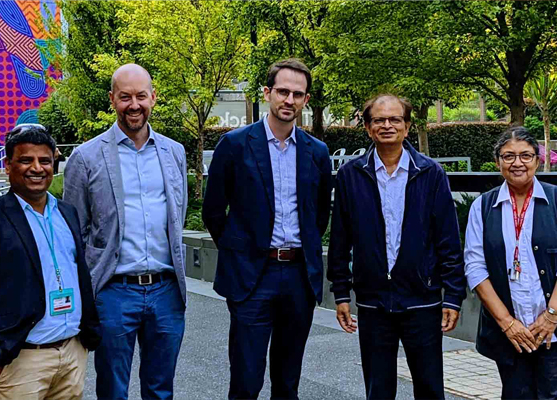Artificial super stool to bring hope for people with chronic gut disease
The urgent need for human stool donations to treat chronic gut infections could soon be eased with innovative research to develop artificial super stool.
The collaborative research aims to create a new generation of microbial therapies that can replace donor-derived faecal microbiota transplantation (FMT).
Technology that replicates the complex community of microbes in the human gut will be manufactured in Australia as part of the project.
Australian microbiome biotechnology company BiomeBank, in collaboration with RMIT University, has secured $100,000 in funding from the Innovative Manufacturing Cooperative Research Centre (IMCRC) to develop the new bioreactor technology.
Currently material for FMT can only be harvested from healthy human donors, which is time-consuming, expensive and difficult to scale-up for widespread clinical use.
The new innovation would provide significant advantages to the cost and scale of FMT, an established life-saving therapy for Clostridioides difficile infection that is also emerging as a clinically beneficial treatment for other gut conditions including Ulcerative Colitis.

